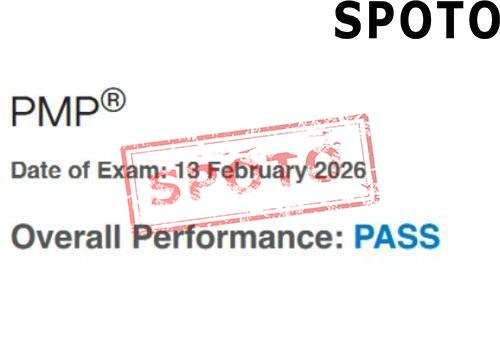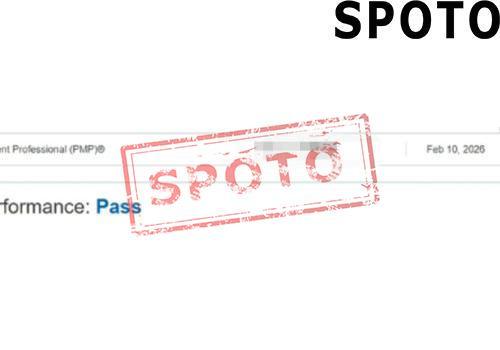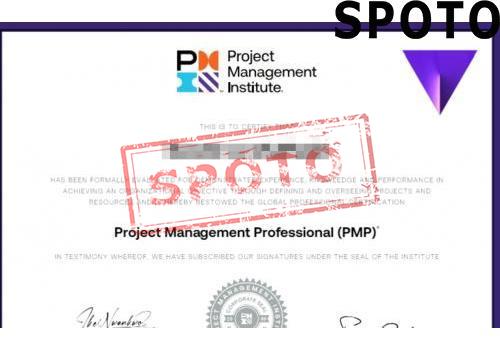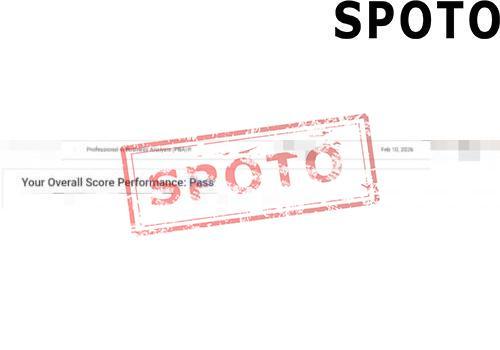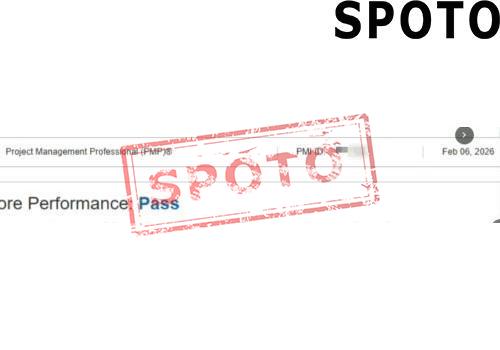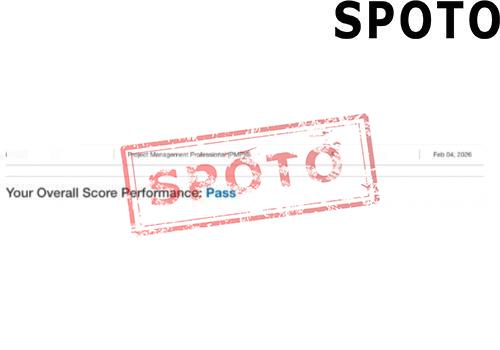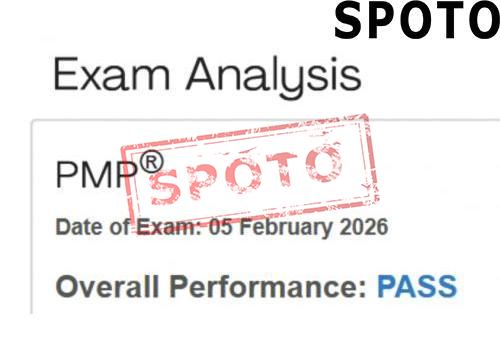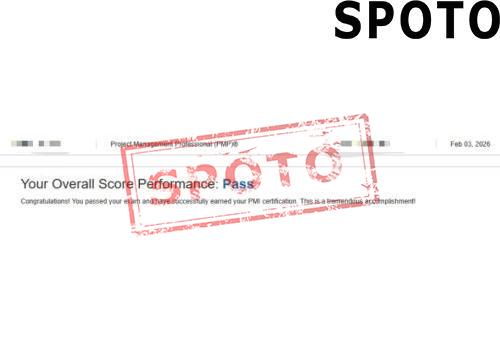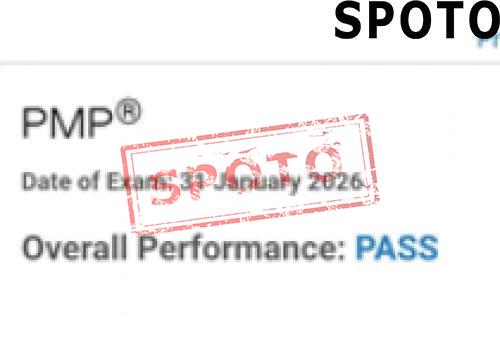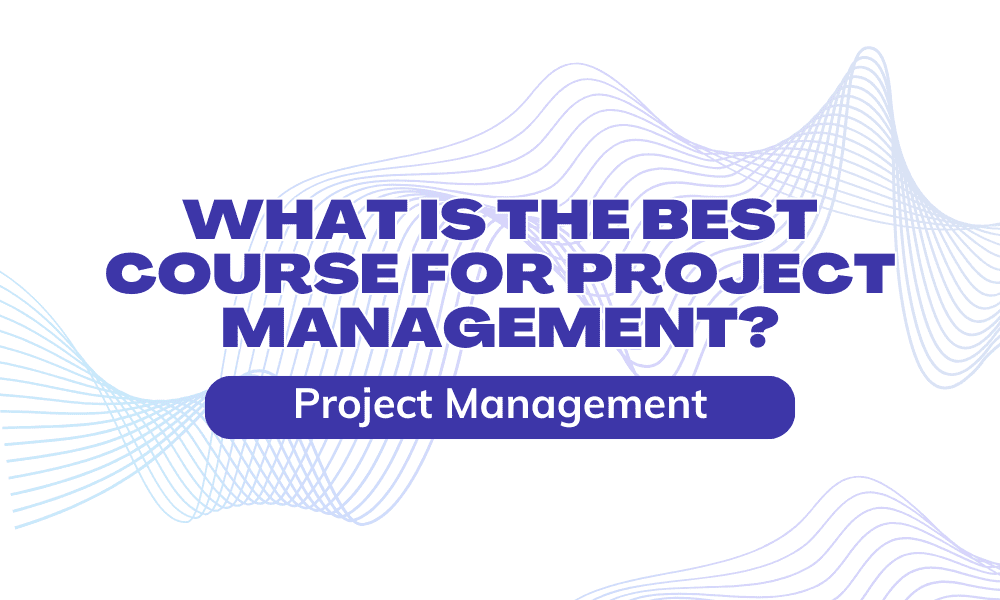
Table of Contents
- Agile Certified Practitioner (ACP)
- Project Management Professional (PMP)
- Certified Associate in Project Management (CAPM)
- Associate in Project Management (APM):
- Certified Project Director (CPD):
- PRINCE2 Foundation/PRINCE2 Practitioner:
- Certified ScrumMaster (CSM):
- Master Project Manager (MPM):
- Certified Project Manager -International Association of Project Managers (IAPM):
- Professional in Project Management (PPM)
Whatever your position in IT, obtaining a project management certification may advance your career. A highly competent project manager may be found behind every successful IT project. Project managers keep your teams productive and on target with everything from hardware and software updates to continuing security fixes, application development, and software deployment. The most skilled project managers go one step further in their dedication to their job. They devote hours to learning various project management approaches to obtain certifications. These credentials serve several functions.
Adding a project management certification to IT credentials can demonstrate skills in planning, scheduling, budgeting, executing, delivering, and reporting on IT initiatives. This list of the most popular project management certifications can help you improve your abilities and provide value this year.
Agile Certified Practitioner (ACP)
The PMI offers the Agile Certified Practitioner (ACP) certification, which is meant to verify your familiarity with Agile principles and technical proficiency. Scrum, Kanban, Lean, extreme programming (XP), and test-driven development (TDD) are among the subjects covered in the exam. Agile teams and organizations are the focus of this program, which covers seven key knowledge domains.
Project Management Professional (PMP)
The PMP certification from the Project Management Institute (PMI) is the most popular. Project managers need to fulfill specific criteria and pass a 180-question test to become PMP-certified. Every exam query relates to the genuine, first-hand experiences of PMs. Additional criteria for candidature include:
- Four years of education. However, those without a bachelor's degree should not give up hope. Thus, 60 months of project leadership experience is sufficient for those with high school diplomas or associate's degrees. The other requirements don't change.
Certified Associate in Project Management (CAPM)
PMs can begin their careers with CAPM certification. The Project Management Institute produced it, just as the PMP. This certification emphasizes a PM's capability with project management issues, such as:
- The principles of project management
- Plans, timetables, costs, quality control, and resource management
- Settings for project management
- Procurement, stakeholder management, and communication
Entry-level PMs looking to advance their careers might benefit from CAPM certification. It is also a powerful foundational step towards eventually earning a PMP certification.
A project manager needs a secondary education equal to a high school diploma, GED, or its international equivalent to qualify for the CAPM. Before taking the test, they must also have taken a project management course with at least 23 contact hours.
Associate in Project Management (APM):
The entry-level project management certification called Associate in Project Management (APM) verifies your fundamental understanding of the PMF. It comprises an online course you must finish before sitting for the certification test and is geared toward people with little to no expertise in project management. The course covers project management foundations, education, and prerequisites needed for success in the field. It is intended for project managers and team members, graduate and undergraduate students, beginning practitioners, and anybody interested in a career in project management.
Certified Project Director (CPD):
The most prestigious project management certificate offered by the accrediting organization is the Certified Project Director. This title is intended for the seasoned program and project managers who oversee vast, intricate projects and initiatives. The certification focuses on managing, budgeting, and establishing scope for several projects and numerous project teams and identifying and reducing interdependent risks to complete projects. Only individuals with extensive expertise in project management are eligible for the CDP program.
PRINCE2 Foundation/PRINCE2 Practitioner:
Internationally recognized PRINCE2 Foundation certification. It gives a thorough grasp of the guiding concepts and jargon of the PRINCE2 project management approach and the related procedures, topics, and techniques. For the PRINCE2 Practitioner certification, it is a requirement.
Passing the PRINCE2 Foundation test or another project management certification exam, such as the PMP or CAPM exam, is a prerequisite for taking the PRINCE2 Practitioner qualifying exam.
Certified ScrumMaster (CSM):
The Certified ScrumMaster (CSM) from Scrum Alliance is the best Scrum Master qualification, even though there are available. This non-profit supports user groups, educational opportunities, and professional development tools while encouraging Scrum and Agile practices. Worldwide, the organization claims to have more than 1.4 million qualified practitioners.
The Scrum Alliance offers resources for Scrum practitioners, such as user groups, mentoring, online training, virtual communications, and events for professional growth and retreats.
The Scrum Alliance provides various Scrum-related certifications and community and advocacy initiatives. For team members on the Scrum master, product owner, and developer tracks, there are certifications available. Each route offers credentials for entry-level, intermediate, and professional work.
Master Project Manager (MPM):
The American Academy of Project Management (AAPM)'s highest professional credential is the Master Project Manager (MPM) designation. It calls for substantial project management expertise and knowledge, including:
- Creating the project's objectives and scope.
- Scheduling tasks and deadlines.
- Directing a team.
- Controlling resources.
- Evaluation of results and performance measurement.
Candidates must also submit their resumes for board assessment and have a minimum three years of project management experience.
Certified Project Manager -International Association of Project Managers (IAPM):
People with a fundamental knowledge of project management, the International Association of Project Managers (IAPM) offers the Certified Project Manager certification. It is unnecessary to have prior industry experience and is intended for people who want to pursue a career in project management. The test includes questions on various subjects, such as project check, project environment, steering committees, core teams, Phase Model and WBS construction, cost breakdown and budget, risk analysis, and project review. The certification combines hard and soft abilities and is pertinent to the job of project manager.
Professional in Project Management (PPM)
The Professional in Project Management (PPM) is a mid-level project management credential. The project management certificates place a firm emphasis on a comprehensive knowledge base as well as efficient resource management, precise guidance, adaptation to change, effective communication, and guarantee of high-quality outputs with little risk. The certification includes: how to create project schedules, carry them out according to plan, control, and finish them, and how to create project measurements, conduct project control, and manage project teams.
It emphasizes the principles of project management, project management education, efficient planning and scheduling, team building, risk management, crisis management, time management, leadership abilities, communication tactics, and knowledge management. The PPM gets intended for intermediate to experienced project managers who are active in risk and crisis management and handle projects daily.

